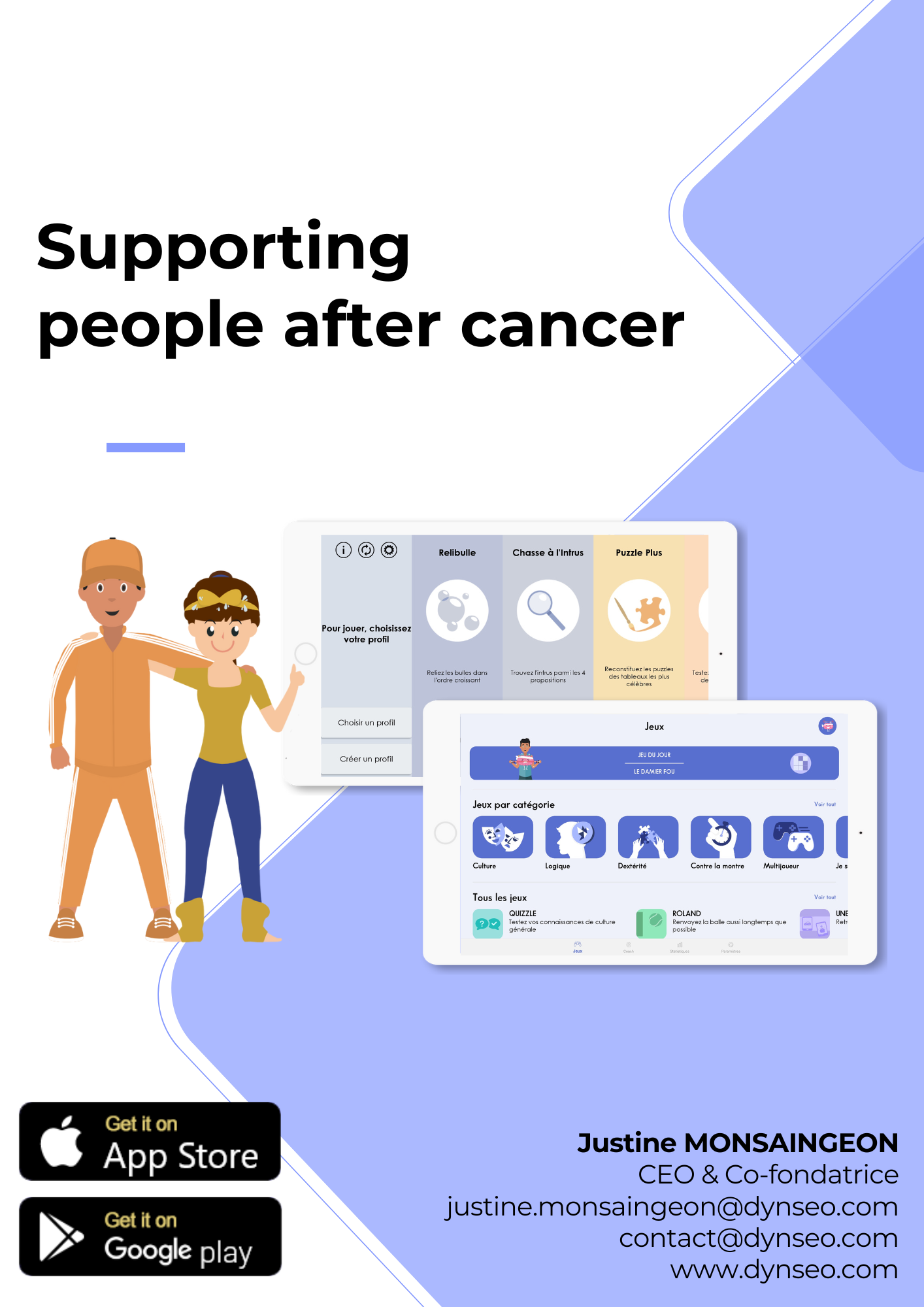Cancer survivors face many challenges after their treatment, including cognitive effects that can significantly impact their daily lives and quality of life. It is important to recognize and address these cognitive effects in order to help cancer survivors regain a normal life and improve their overall well-being.
Cognitive Challenges for Cancer Survivors
Cancer survivors may face a variety of cognitive challenges, such as memory problems, attention and concentration issues, as well as difficulties with executive functions. These challenges can make daily tasks more difficult and impact the ability of cancer survivors to work, socialize, and lead a normal life.These cognitive challenges can also affect the quality of life of cancer survivors. They may feel frustrated, anxious, or depressed due to their cognitive difficulties, which can lead to decreased self-esteem and deterioration of interpersonal relationships. Therefore, it is essential to address these cognitive effects to improve the overall quality of life of cancer survivors.Cognitive Side Effects of Chemotherapy and Radiotherapy
Chemotherapy and radiotherapy are commonly used treatments for fighting cancer, but they can also have side effects on the brain and cause cognitive problems. Some of the most common cognitive side effects include mental confusion, memory loss, difficulties concentrating, and reasoning problems.These treatments can affect the brain by damaging nerve cells and disrupting the chemical processes that regulate cognition. This can lead to changes in the structure and function of the brain, which can in turn lead to cognitive problems in cancer survivors.Cognitive Rehabilitation Strategies to Improve Memory
Cognitive rehabilitation is a therapeutic approach aimed at improving cognitive functions in cancer survivors. To enhance memory, several techniques can be used. For example, the spaced retrieval technique involves repeating information at regular intervals to strengthen long-term memory. The chunking technique involves organizing information into categories or groups to facilitate later recall.Another effective technique is the association technique, which involves linking information to images or keywords to aid recall. Finally, the visualization technique involves creating vivid mental images to help memorize information. These techniques can be used as part of cognitive rehabilitation to help cancer survivors improve their memory and regain a normal life.◆ ◆ ◆
Cognitive Rehabilitation Techniques to Improve Attention and Concentration
Cancer survivors may also face attention and concentration problems, making daily tasks more difficult. To improve attention and concentration, several techniques can be employed. For example, the mindfulness technique involves fully focusing on the present moment, setting aside distractions and concentrating on the task at hand.Another effective technique is the divided attention technique, which involves breaking a complex task into several simpler subtasks to facilitate concentration. Finally, the planning and organization technique involves creating a detailed plan for a given task to enhance concentration and avoid distractions. These techniques can be used as part of cognitive rehabilitation to help cancer survivors improve their attention and concentration.Cognitive Rehabilitation Exercises to Improve Executive Functions

Stress Management Strategies to Improve Cognition
Stress can significantly impact cognition, and cancer survivors may face increased stress due to their diagnosis and treatment. Stress can affect memory, attention, and concentration, making cognitive problems even more challenging.To manage stress and improve cognition, several techniques can be employed. For example, the progressive muscle relaxation technique involves gradually relaxing each muscle group to reduce stress and promote relaxation. The deep breathing technique involves breathing slowly and deeply to calm the nervous system and reduce stress. Finally, the guided imagery technique involves imagining a calm and peaceful place to relax and reduce stress. These techniques can be used as part of cognitive rehabilitation to help cancer survivors manage stress and improve their cognition.◆ ◆ ◆
Cognitive Therapies to Improve the Quality of Life of Cancer Survivors
Cognitive therapies are therapeutic approaches aimed at improving cognition and the quality of life of cancer survivors. These therapies may include cognitive rehabilitation techniques, relaxation exercises, and stress management strategies.Cognitive therapies can help cancer survivors regain a normal life by improving their memory, attention, concentration, and executive functions. They can also help reduce stress and improve the overall quality of life of cancer survivors.The Benefits of Cognitive Rehabilitation for Cancer Survivors
Cognitive rehabilitation can offer many benefits to cancer survivors. It can help them regain a normal life by improving their memory, attention, concentration, and executive functions. It can also reduce stress and improve the overall quality of life of cancer survivors.For example, by improving memory, cancer survivors can regain their independence and self-confidence. By enhancing attention and concentration, they can be more productive at work and in their daily activities. By improving executive functions, they can make more informed decisions and better plan their lives.Individual and Group Approaches to Cognitive Rehabilitation
Cognitive rehabilitation can be conducted individually or in groups. Individual approaches allow for personalized attention and adaptation to the specific needs of each cancer survivor. Group approaches offer social support and the opportunity to learn from other cancer survivors.Individual approaches may be more suitable for cancer survivors who have specific needs or who prefer to work more individually. Group approaches may be more suitable for cancer survivors who benefit from social support and appreciate the opportunity to learn from others.◆ ◆ ◆



